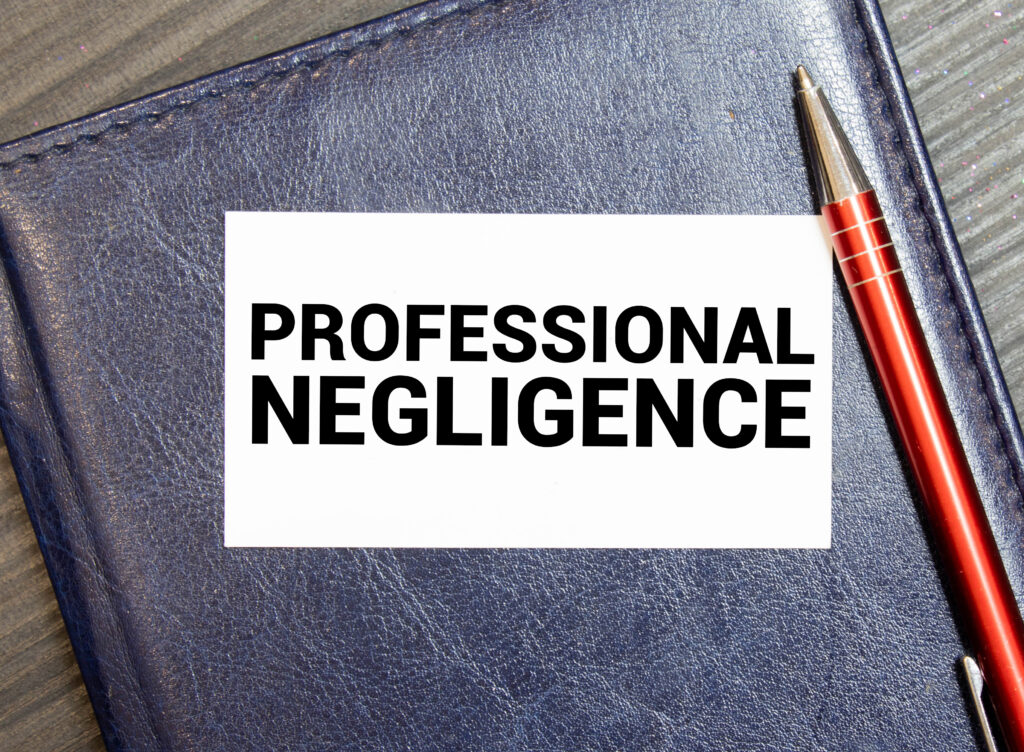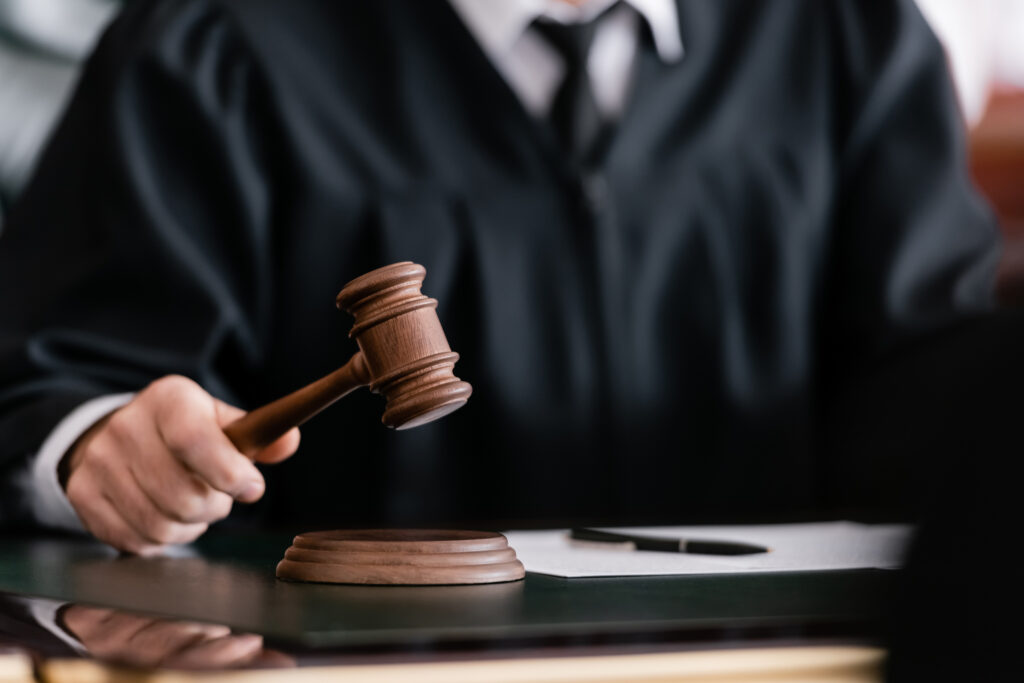- Personal Injury Claims
- Accidents
- Road Traffic Accident Claims
- Accidents At Work Claims
- Holiday Accidents and Illnesses Abroad Claims
- Fatal Accident Claims
- Accidents Public Place Claims
- Injuries
- Eye Injury Compensation Claims
- Poisoning Claims
- Serious Injury Claims
- Sports Injury Claims
- Upper Body Injuries Claims
- Arm and Elbow Injury Compensation Claims
- Hand Injury Claims
- Chest Injury Compensation Claims
- Neck Injury Compensation Claims
- Collarbone Injury Compensation Claims
- Cheekbone Injury Compensation Claims
- Eye Injury Claims
- Shoulder Injury Claims
- Fractured Sternum Compensation Claims
- Spinal Injuries Claims
- Brain Injury Compensation Solicitors
- Compensation for Scarring Claims
- Dislocated Injury Compensation
- Amputation Claims
- Dental Claims
- Horse Riding Accident Compensation
- Personal Injury Lower Body Injuries
- Asbestos Lawyers
- Abuse Lawyers
- Other Injury Claims
- Disputes
- Alternative Dispute Resolution
- General Disputes
- Contract Disputes
- Director Disputes
- Franchise Disputes
- Intellectual Property Disputes
- Landlord and Tenant Disputes
- Landlord/Tenant and Factor Disputes
- Resolving Trust Disputes
- Defending Personal Injury Actions
- Partnership Disputes
- Planning Disputes
- Property Disputes
- Will Disputes
- Consumer Disputes
- Land & Boundary Disputes
- Litigation
- Defamation
- Litigation Funding
- Other Dispute Resolution Services
- Court Actions
- Professional Negligence
- Professional Negligence Claims Against Surveyors
- Professional Negligence Claims Against Architects
- Professional Negligence Claims Against Accountants
- Professional Negligence Claims Against Solicitors
- Professional Negligence Claims Against Financial Advisers IFAS
- Professional Negligence Claims Against Banks
- Clinical Negligence Claims
- Group Actions
- Property & Conveyancing
- Conveyancing Services – Scotland
- Commercial Property Services – Scotland
- Other Property Services Scotland
-
- Family Law
- Immigration Services Edinburgh
- Visas
- Adult Naturalisation Application
- Child Registration Application
- Private Life Application for Adults
- Private Life Application for Children
- Long Residence Application
- Surinder Singh
- Administrative Review
- Fresh Claims for Asylum
- Naturalisation Application
- Stateless Persons
- Travel Documents
- Pre Action Protocol Letter
- Judicial Review
- Immigration Application Review
- Brexit Immigration Advice: Services in Scotland
- Business Immigration
-
- Wills,Trusts & Estates
- Probate & Executry Services
- Business Services
- Careers
Professional Negligence Scotland
September 5, 2024 Dispute Resolution
The Necessity of Expert Reports in Scottish Court Actions involving Professional Negligence: Insights from Cockburn v Hope
Traditionally, expert evidence has been seen as essential in claims involving professional negligence. However, the recent ruling provided by Lord Sandison suggests that this may not always be the case. The necessity of expert evidence in court actions, particularly in professional negligence claims, has been a subject of significant discussion. This blog discusses the case of Cockburn v Hope [2024], which provides a pertinent update on this matter.
Contents
- The Case of Cockburn v Hope
- An Overview Of The Decision In Cockburn
- What This Decision Means In Practice
- How Jones Whyte Can Help You
- Frequently Asked Questions
Key Takeaways
- In Cockburn, the Pursuer proceeded with the case without lodging an expert report in support of their claim for negligence, however the Defender argued this was abuse of process.
- Lord Sandison held that the absence of an expert report does not inevitably lead to the dismissal of an action.
- While expert evidence is crucial in technical matters beyond the court’s knowledge, it is not always required in less complex scenarios.
- The ruling indicates that expert evidence, while potentially beneficial, may not be mandatory in every case.
- If you have a professional negligence claim our professional advisers will be able to help you.
The Case of Cockburn v Hope
In this action, the pursuer sought payment from the defender in respect of alleged breaches of duty in the course of her activities as judicial factor on the estate of the pursuer’s father.
In a case involving an allegation of professional negligence, the court will naturally be tasked with determining whether the test outlined in Hunter v Hanley 1955, has been met. This test requires the Pursuer to demonstrate that the course of action taken by the professional is one that no competent professional of ordinary skill would have taken if acting with ordinary care in the circumstances.
In Cockburn, the Pursuer proceeded with the case without lodging an expert report in support of their claim for negligence. The Defender argued that pursuing a professional negligence claim in Scotland without a supporting independent expert report constituted an abuse of process. They contended that, since the pursuer had not produced such a report, the action should be dismissed.

An Overview Of The Decision In Cockburn
In Cockburn, Lord Sandison held that the absence of an expert report does not inevitably lead to the dismissal of an action. He opined that the case of JD came nowhere near suggesting that a failure to lodge an expert report would result in a claim being dismissed.
Lord Sandison, drawing on precedents and the context of the case, indicated that while expert evidence is crucial in technical matters beyond the court’s knowledge, it is not always required in less complex scenarios. It held that it is entirely within the capabilities of the court to determine whether the Hunter v Hanley test is met where there is sufficient evidence to answer routine questions of fact and without an expert report.
In instances involving technical and specialised knowledge, expert reports provide the necessary framework for the court to understand professional standards and deviations therefrom. Conversely, in less complex cases, particularly those not concerning the deployment of any specialist field of knowledge, but rather involving questions of decision-making in more mundane settings, the question thrown up for decision may be one in relation to which the court can be expected to understand the relevant background and not to require further assistance in order to determine the issue.

What This Decision Means In Practice
The ruling indicates that expert evidence, while potentially beneficial, may not be mandatory in every case. This is an interesting decision, which, if followed, could lead to a reduction in litigation costs and the simplification of such claims. This decision may allow for a more flexible and pragmatic approach to professional negligence claims in Scotland.
It is important to highlight that professional negligence claims, normally, involve complicated issues and each case should be assessed on its own merits.
How Jones Whyte Can Help You
At Jones Whyte, our professional negligence team is experienced in handling claims of professional negligence for both pursuers and defenders.
If you have a professional negligence claim, our professional advisers are here to help.

Frequently Asked Questions
What is professional negligence in Scotland
Professional negligence occurs when a professional (such as a doctor, dentist, engineer, architect, solicitor, etc) owes a duty of care to their clients or patients, and breaches that duty, causing harm or loss to the client.
This is where our professional advisors at Jones Whyte can assist, providing you with the best possible support and defence tailored to your particular circumstances.
Professional negligence cases
If you have a professional negligence case, it is important to seek professional advice. Not only will our solicitors help you secure the compensation you deserve for your losses. They will also ensure that lessons are learned to prevent others from suffering in the same way you did.
What is classed as professional negligence?
Below are some examples of situations that may be classed as professional negligence:
- Failing to complete agreed-upon work
- Not adhering to the rules set by the Law Society of Scotland
- Not providing you with the right information to make key decisions
For more examples or guidance on professional negligence, reach out to our team today by completing our enquiry form here
















